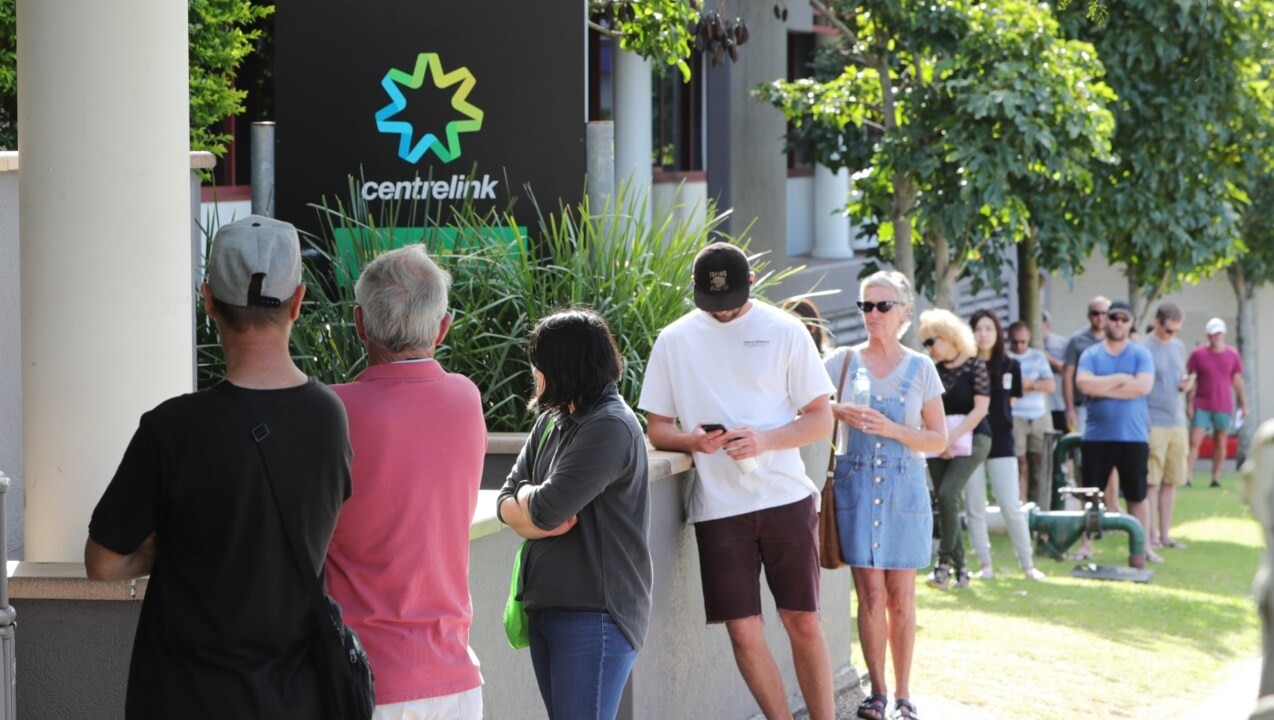Covid super withdrawals less effective than JobSeeker
The early release of superannuation during the first months of Covid was supposed to help Australians in ‘financial stress’. A new study examines whether it did the trick.

The early release of super during the Covid pandemic was less effective than the JobSeeker Payment at stimulating spending, reducing financial stress and improving individual wellbeing, a new study has found.
The analysis shows the 2.4 million Australians who accessed the early release of up to $10,000 in superannuation as an emergency financial relief measure during the early months of Covid spent just 31 per cent of it in the first fortnight.
This compared to 70 per cent for the 4.9 million people who received the one-off $750 Economic Support Payment (ESP) and 58 per cent for 2.6 million recipients of the $550 a fortnight JobSeeker Payment Coronavirus Supplement (JSP), economic think tank E61 Institute’s research says.
While groceries and cash withdrawals were among the top items for which Australians used the JSP, paying down debt and purchasing retail goods were high on the list for those withdrawing money through the Early Release of Super (ERS) program, it finds.

In looking at the broader measure of stimulating national economic activity, the sheer scale of the ERS program, which delivered an average $8223 a recipient, created the biggest aggregate spend of the three programs, the paper concludes.
It led to $6.3bn of extra spending between April and June 2020 compared with $2.7bn for the ESP and $4.2bn for the JSP.
The paper by the e61 Institute, run by former Productivity Commission chair Michael Brennan, is a submission to the federal government’s Covid-19 response inquiry.
It also examined the link between the emergency financial support programs and personal wellbeing, finding wellbeing temporarily improved for JSP recipients while they were receiving the funds.
Neither the ERS or ESP shifted the dial on financial resilience or individual wellbeing, the study finds, despite the purpose of those programs being to target those in “financial stress”.
“In terms of stimulating spending and improving wellbeing, the JobSeeker supplement was the most effective economic support payment deployed during the Covid-19 pandemic,” e61 research director Gianni La Cava said.

“Recipients spent the JSP supplement and ESP quickly, with 20-25 per cent of each payment spent on the day it was received, while the ERS was spent more gradually over the first fortnight.
“The fact the JSP was the only payment to significantly improve recipients’ wellbeing may be because it made up 25 per cent of income for its recipients, compared with 19 per cent for the early super release - suggesting it was better targeted at people on lower incomes,” Dr La Cava said.
“The limited impact of the early super release scheme on financial resilience or wellbeing suggests it was too broad.”
Another issue may have been how the money was received, with the ERS coming in a lump sum and the JSP coming in fortnightly instalments.
“That certainly may have had a role in what people decided to spend the money on,” Dr La Cava said.
“Our research suggests that the best form of payment to stimulate spending is smaller amounts more often rather than one large payment.”
Another issue the study picked up on was the spending from the support programs on gambling.
It noted that under JSP, spending on gambling sat alongside spending on groceries as one of the largest spending types.
The study also focused on job mobility, concluding that the Covid support programs tended to tie workers to their current jobs, which limited the benefit to workers of a flexible labour market.






To join the conversation, please log in. Don't have an account? Register
Join the conversation, you are commenting as Logout